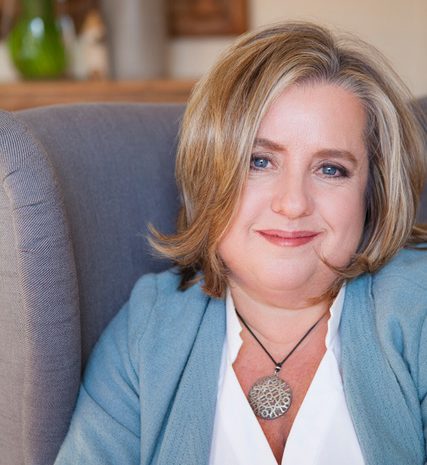
All couples go through moments of disconnect – but where’s the line between that and dysfunction? Photo: People Images.
No relationship is perfect – but where is the line between normal, healthy partner dynamics and real trouble in paradise?
It’s a line that You, Me & Us (YMU) counsellor and mediator Janine Moran has watched couples trip over for years.
“I carry all the load and if I complain it turns into a fight.”
“We could easily be just flatmates.”
“He thinks I’m too critical, I think he’s too defensive.”
“No matter what I try, I always seem to get it wrong.”
Thought patterns that may seem eerily familiar could signify your relationship has crossed into dysfunctional territory.
But how do we fall into these cycles? Janine says the answers lie in the neuroscience behind attachment.
“Humans are wired to be social animals,” she says.
“From birth we know we can’t survive without the safety of attachment figures, usually our parents. Calling ‘are you there for me?’ starts at birth and babies and young children are constantly checking ‘am I safe?’.
“If our caregivers are accessible, responsive, engaged with us, then the safety of this bond with caregivers is encoded in our nervous systems. It is reflected in how we engage with the world, with others, and with emotions.”

YMU counsellor and mediator Janine Moran. Photo: YMU.
Janine says attachments form in adult relationships with our significant others and this need to feel safe carries through to those relationships.
Any number of things can happen in a relationship that will trigger this lifelong coding in our sympathetic or parasympathetic nervous systems.
“Our right brain is our ‘feeling’ brain and in less than a heartbeat, it can perceive and code triggers as safe or unsafe,” Janine explains.
“Our nervous system will react and very quickly we have interpretations of what just happened without really getting to the root of the original emotional trigger in our body.
“‘Do I matter to you?’ and ‘am I good enough?’ are incredibly important places we need to feel safe in a relationship.
“Say your partner does something – perhaps they slam a drawer or ignore something you said to them. Whether intentional or not, these incidents may trigger deep feelings and reactions much faster than your left brain can work out why.”
If a trigger is linked with a negative feeling or past hurt, a negative interpretation or perception will often follow – such as “I’m always getting it wrong”.
“Then there’s a reaction – the thing we do automatically, a coping mechanism,” Janine says.
“It might be to lash out, storm out or withdraw into ourselves for protection.”
Janine says while most people have heard of ”fight, flight or freeze”, they may not have considered how that impacts on their relationship and don’t know how to avoid this kind of reaction.
“The first challenge lies in recognising this is an issue for us as a couple, instead of ignoring these painful moments until closeness and intimacy is lost and the situation becomes untenable,” Janine says.
“We need to work out what is really being triggered, and make repairs so we can come close again.
“Many, however, don’t have the tools, so time and time again they let it slide.”
Janine says over time these hurts are “laid down into the DNA of the relationship” and, if never understood, flare up increasingly easily.
If added to this, there is a major hurt during the relationship where safety and trust have been completely lost – such as infidelity – our fundamental trust in our partners can be lost.
“These kinds of hurts run deep and healing them is complex work,” Janine says.
“It requires curiosity, compassion, patience and commitment, both from the couple and their therapist.”
YMU practitioners are trained in a wide variety of leading therapies, including Emotionally Focused Therapy for Couple (EFTC), the Gottman Method, Schema Therapy for Couples, EMDR & AEDP.
“In our work we are trying to understand each person’s experience of the relationship and then we’re validating and unpacking what their experience has been,” Janine explains.
“There can be good intentions and a lot of love on each side but our own protective and reactive behaviours anchored in our nervous systems can get in the way or be misinterpreted.
“In couples therapy, we want to understand what’s really going on under the content of arguments about money, parenting or sex. We want both people to feel safe and heard and have a space where if they’re triggered, we’re the third person in the room that can remove the noise so they can truly hear each other.
“We generally find if they both want to improve their relationship, they can.”
To inquire about mediation, counselling or any of its services, or to make an appointment, contact YMU.













